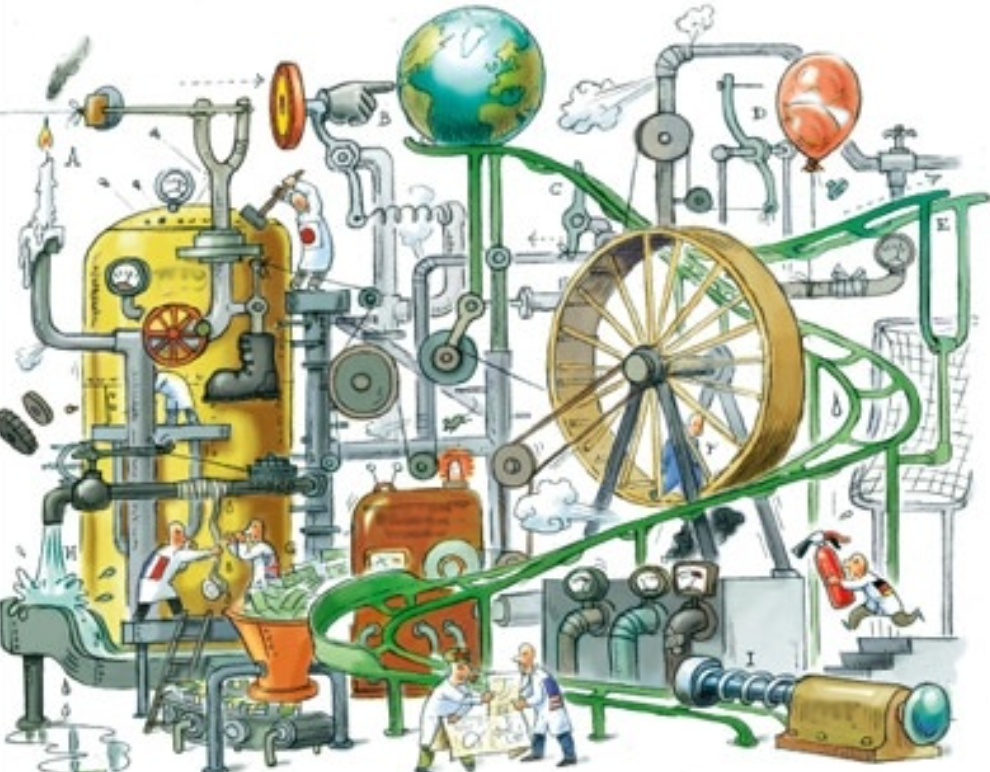Five years since I almost lost my life
Five years ago today, I almost lost my life. For those who know me, the story has become a standard fixture in my narrative; it gets mentioned often. For those who don’t know me, it’s not that important, but there are a couple of things that came out of it that are worth talking about.
The disease was rare, unexpected and incredibly sudden. I went from annoying flu symptoms to cascading organ failure in about 24 hours. While I was on life support (in a coma), an ICU doctor told my wife, I was the sickest person he had seen who was still technically alive. Even then, I almost slipped away more than once. They said that even if I did survive, my prognosis was not good. I would have permanent kidney and liver damage and need transplants. I would likely have heart damage, and I could expect to lose at least some of my arms and legs. There was also good chance that I suffered cognitive damage from lack of blood flow to the brain. If I came home at all, it would not be in one piece. I might not even be me anymore. It was a lot to process.
Recovery was both long and painful. In fact it permanently rewired how I perceive and process pain. I spent a lot of time in hospital where I learned to listen to my body, focus on its signals and the metrics of my progress. I remember my pulse O2 indictor dropping and wondering with the nurses if I just collapsed a lung (I did), I remember convincing a doctor that I had a blood clot tearing slowly through my left arm (I did), I remember the exact day I produced more than 20ml of urine signalling hope that a kidney may still come back (it did). After some months, and numerous surgeries and a lot of physical therapy, I was more less myself again. And during that time, every step forward demanded that I be super proactive, even if that step was going to be the last progress I see. I’m different now of course, but I’m still me, and I’m grateful. I’m grateful for the fantastic recovery and for all those who helped me. And believe it or not, I am also grateful for the experience.
For me, the most profound part of the experience was the realization that your survival and recovery have a lot to do with the quality of participation from your side. Advocacy, information and understanding had a huge positive impact on my outcome. The doctors and nurses were outstanding of course, but on at least one occasion, it was my wife (who never left my side while I was on life support) who saved my life by directing attention to something they missed. Advocacy matters: even though my prognosis was poor, she learned everything she needed to know and was a huge influence on the attention I received. I don’t think they were expecting me recover, but she did, and she made them believe it too. She even found herself occasionally providing leadership and stability to the care team when things got crazy.
Weeks later, when I was conscious again, I took an active role in my own care. I learned my biometrics. I understood and processed my odds. I collected my own data and fed the observations back to my care team so we could make better decisions together. Of course it all could have gone horribly wrong, but it didn’t. I’m now convinced that people who take an active role in their own care, and have advocates or advocate for themselves, see better outcomes. I now have a huge appreciation for the value of being part of your own care team, as opposed to a helpless passenger. I am even more impressed by how responsive good doctors and nurses are to your insights and observations, especially if they are empirical and specific. They want what you want, and they appreciate the help.
Yesterday the team at Sparrow launched Stethophone. It’s a different kind of app; it’s also cleared by the FDA as a medical device. The app turns your smartphone into a medical grade stethoscope – so it can listen to and record your heart and lungs when you hold it to your chest.
So why do any of us need a high-end stethoscope in our hands? For me, it’s about data and advocacy. Heart symptoms and concerns happen at home or work or on vacation – they don’t always manifest in the few hours a year you are at the doctor. But the incidence of disease that goes undetected or undertreated in the population is staggering. People need ways to collect hi-fidelity medical information when it matters. And they need a way to use that data to help doctors, help them. That is what Stethophone is all about. It’s not a panacea of course, but the information is diagnostically deep. We have helped people who were anxious about periodic cardiac symptoms and wanted a medically powerful way to show their doctors what was happening. We have helped detect serious disease hundreds of times during our early pilots. We are still taking our first steps, and we still have a lot to bring forward, but I feel very close to this kind of value proposition because it scales. It holds the promise that millions of people can be armed with a whole new way to be proactive about their heart health. For the record, heart disease is the number one killer of people everywhere - followed by lung disease. My heart hung on just long enough for me to somehow survive – as long as your heart keeps going, you always have a chance - we want that for everyone.
If you want to check out Stethophone, it’s now in the US App store




